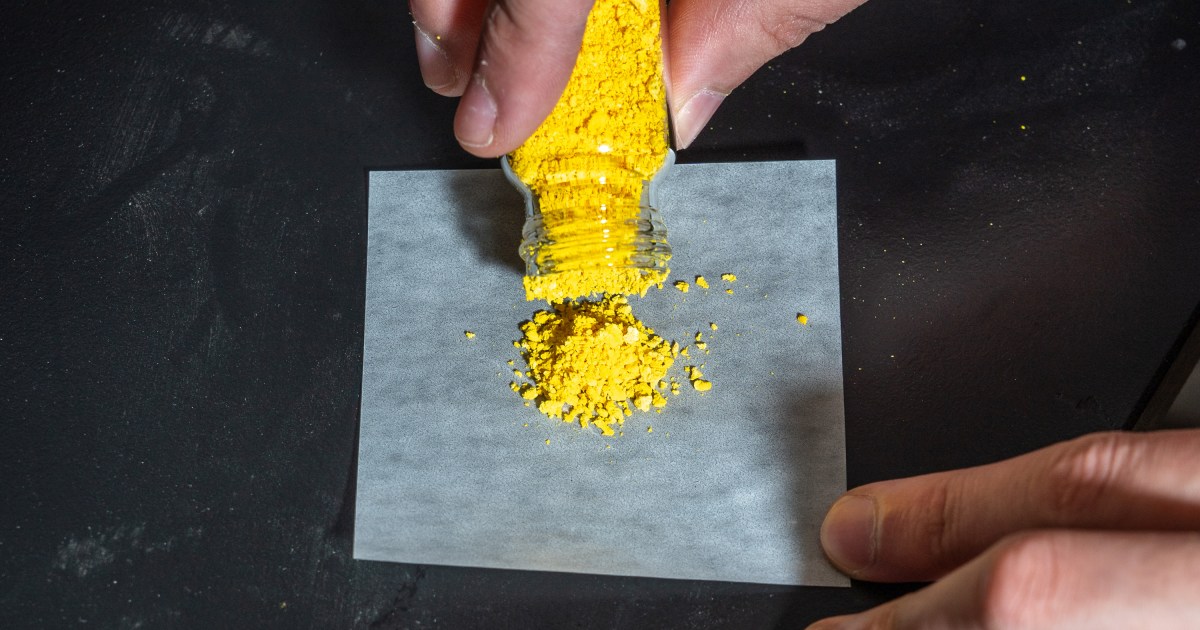Yaghi and his coauthors published a study in the scientific journal “Nature” on Oct. 23 announcing their discovery of an “exceptional material” — a powder that builds on Yaghi’s foundational research and is poised to play a major role in fighting climate change by quite literally sucking carbon dioxide out of the air.
“This is really a breakthrough,” said University of Chicago chemist Laura Gagliardi, a coauthor on the paper. “We can now think about capturing all the carbon dioxide present in the atmosphere in a finite number of years.” The level of atmospheric carbon dioxide is now 50% higher than before the Industrial Revolution because of the increased burning of fossil fuels.
The road to developing COF-999 was full of trial and error. Zihui Zhou, a fourth-year PhD student in chemistry at UC Berkeley in Yaghi’s lab, conducted hundreds of experiments that involved precisely engineering molecules like Lego blocks. Day after day, on the sixth floor of UC Berkeley’s chemistry building, Zhou synthesized strong bonds between different molecules, trying to find a material to capture carbon dioxide from the air.
